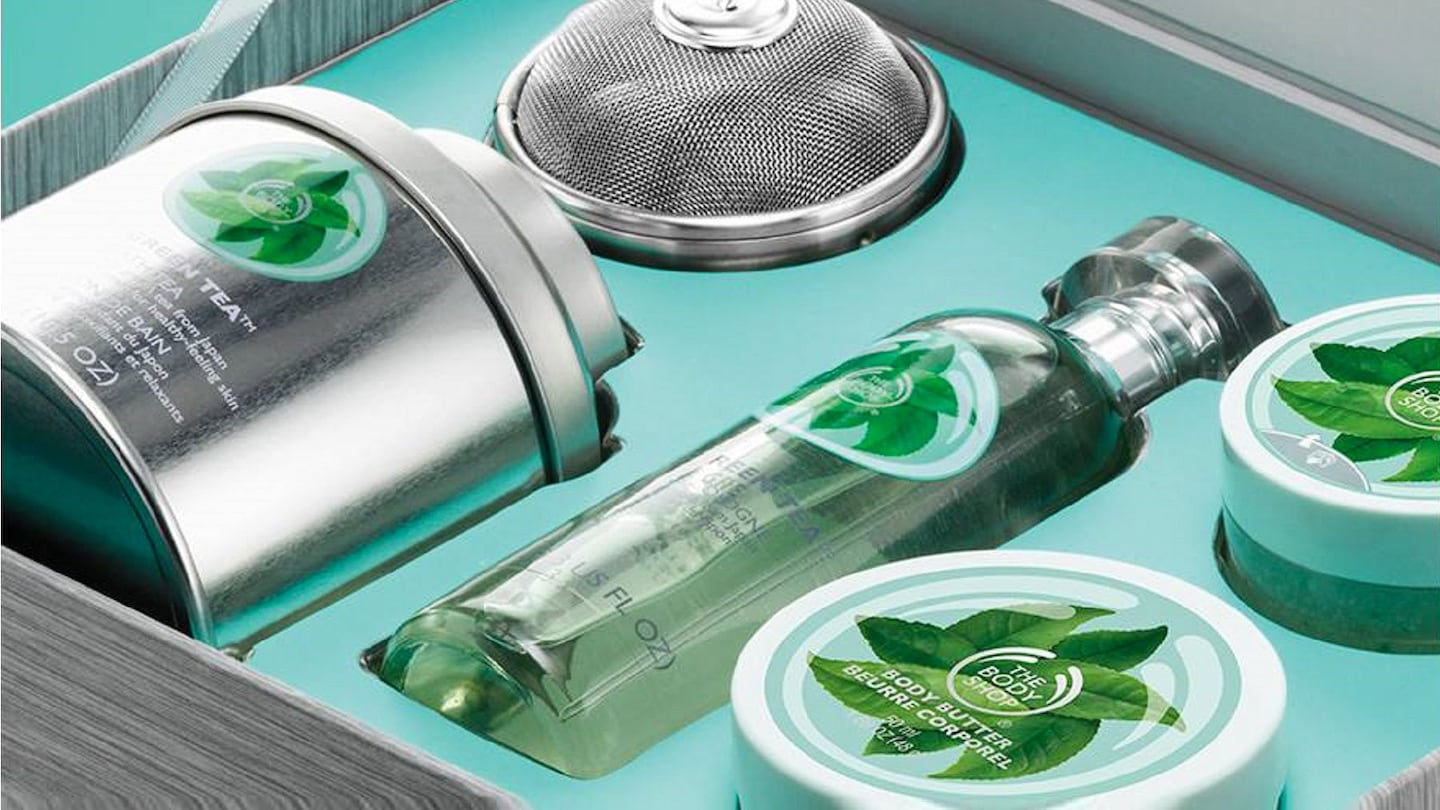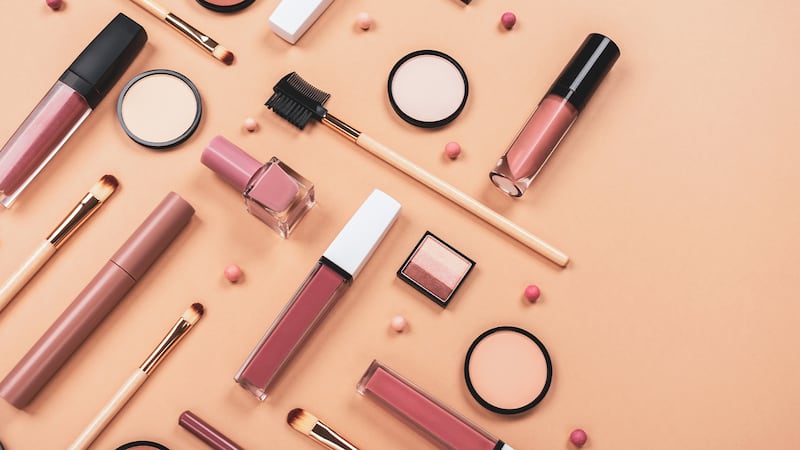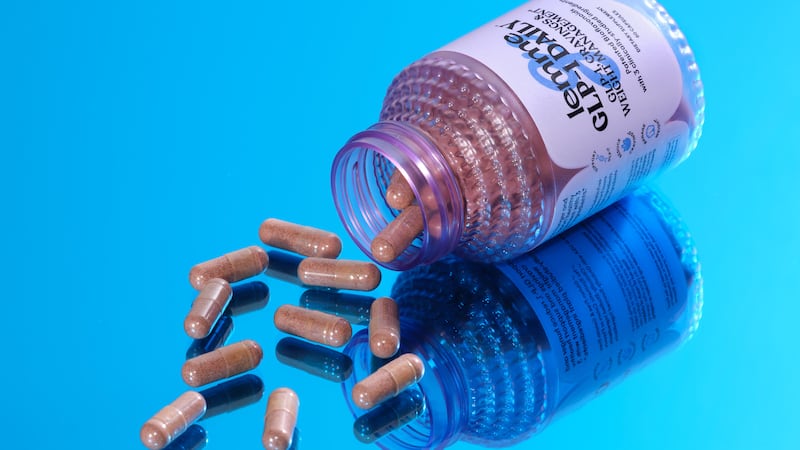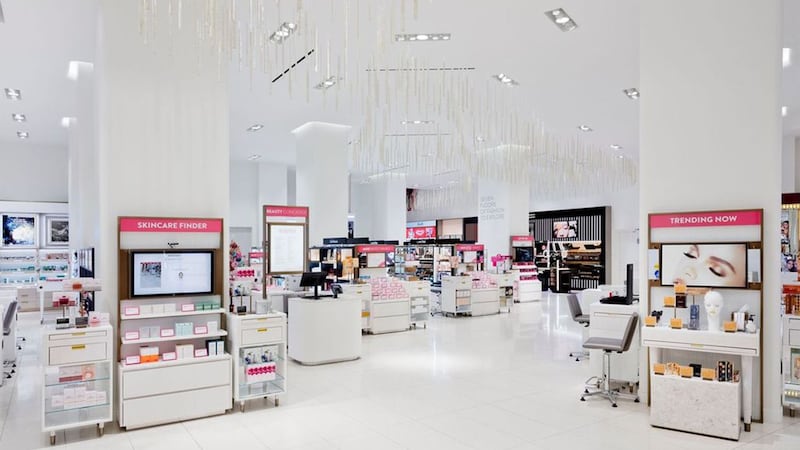Agenda-setting intelligence, analysis and advice for the global fashion community.
The new boss of the Body Shop has told staff the struggling ethical beauty retailer is “back for good” after it booked a profit in its first 100 days under new ownership.
The retailer was bought out of administration in September by a consortium led by the British cosmetics tycoon Mike Jatania.
The company sank into administration in February leading to the closure of 85 UK outlets but is understood to have reported a £2m profit on £28m of sales in the first three months under its new owners, led by Jatania’s Aurea Group.
The retailer is now operating 113 stores in the UK, where it employs more than 1,200 people including at its headquarters, which will be moved to a new building in Brighton next month.
ADVERTISEMENT
Its head office staff were previously split between offices in London and Littlehampton, West Sussex, its long-term base set up by late founder Anita Roddick.
In his final note to staff before Christmas, seen by the Guardian, new chief executive, Charles Denton, said: “I am so thrilled at how we are ending the year. Storm Darragh may have tried its worst, but we weathered it and some.”
Denton, the former Molton Brown chief executive, said the chain had ended last week 17% ahead above internal sales forecasts, adding “throw whatever you like at us, and we’ll come bouncing back … back for good and last month … back in profit baby!”.
The Body Shop, which made a £71m loss in year to December 2022, collapsed into administration in the UK less than three months after it was taken over by German private equity company Aurelius for £207m. It owed creditors more than £276m at the time.
Administrators from FRP Advisory handled the UK shop closures, with the loss of about 800 jobs, before the business was bought by Aurea.
Operations in the US, Germany and Belgium were also shut down after those businesses were either sold off or deprived of cash by the administration of the UK parent.
The company, which once had 3,000 shops worldwide, continues to operate in 83 overseas markets with more than 1,300 outlets. Most of those stores are operated by franchise partners, including about 700 in Europe, 60 in Canada and nearly 100 in Australia as well as India, Malaysia, Indonesia and South Korea.
One source familiar with The Body Shop’s operations cautioned against reading too much into its return to profit, noting that the company was now a smaller operation and that revenues could have been boosted by clearing stock and offering significant discounts. “The question is, how do they keep interest and innovation going?” the source said.
ADVERTISEMENT
The company, founded by Roddick in 1976, remained under family ownership for three decades until it was sold to the French cosmetics corporation L’Oréal, the owner of Maybelline and Garnier, for £652m in 2006.
As The Body Shop’s sales and profits flagged, L’Oréal sold it on to Brazil’s Natura in 2017, but Natura was forced to sell up in 2023 to clear heavy debts built up by the acquisition of the beauty business Avon.
By Sarah Butler
Learn more:
The Body Shop’s Remaining UK Stores Saved After Rescue Deal Agreed
The Body Shop has been rescued from administration by a consortium led by the British cosmetics tycoon Mike Jatania in a deal that will keep the ethical beauty brand’s remaining 113 UK stores trading.




